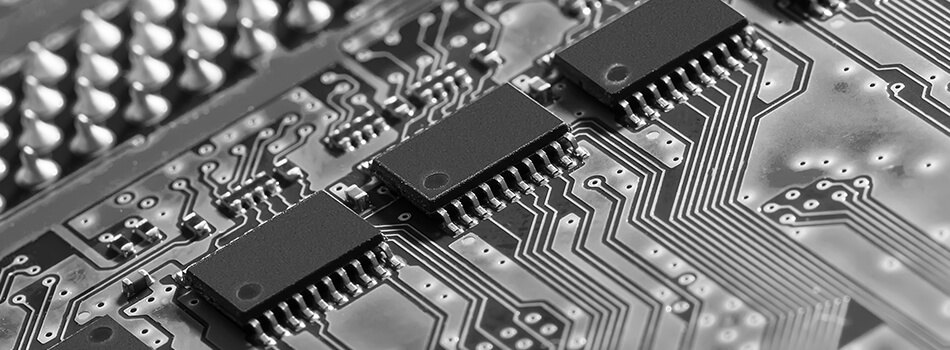About Customized AC-DC Converter
In order to get the perfect fit for your specific application, customized AC-DC converters are the way to go. This allows you to select the perfect specifications for your needs, ensuring that your converter will work perfectly for your needs.
What is an AC-DC converter and what are its uses?
An AC-DC converter is a device that converts alternating current (AC) into direct current (DC). This is useful for devices that require a steady stream of DC power, such as appliances and electronics. There are a variety of different types of AC-DC converters, each with its own set of benefits and drawbacks. Some of the most common types of AC-DC converters include buck converters, boost converters, and buck-boost converters.
Choose the appropriate input voltage range.
2. Select the appropriate output voltage and current.
3. Configure the converter for your specific operating mode.
4. Select the appropriate protection features.
5. Choose the appropriate packaging and enclosure.
What are the benefits of using a customized AC-DC converter?
A customized AC-DC converter can provide a number of benefits for your business, including:
1. Increased Power Efficiency – A customized AC-DC converter can be designed to be more power efficient than a standard converter, which can save you money on your energy bills.
2. Increased Reliability – A customized AC-DC converter is less likely to fail than a standard converter, which can help to ensure uninterrupted power to your business.
Greater Flexibility – A customized AC-DC converter can be designed to meet your specific power needs, which can provide you with greater flexibility in terms of what equipment you can run on your power supply.
Reduced Costs – A customized AC-DC converter can often be more cost effective than a standard converter, which can save you money in the long run.
How to find the right AC-DC converter for your application.
When looking for an AC-DC converter for your application, there are a few factors you need to consider. The first is the input voltage. Make sure the converter can handle the voltage of your power source. The second is the output voltage. Make sure the converter can provide the voltage you need for your device. The third is the output current. Make sure the converter can provide the current you need for your device. And finally, you need to consider the size and shape of the converter. Make sure it will fit in the space you have available.
By choosing a customized AC-DC converter, you can be sure that you are getting the perfect solution for your specific needs. This will help to ensure that your converter operates flawlessly and meets all of your requirements.


































